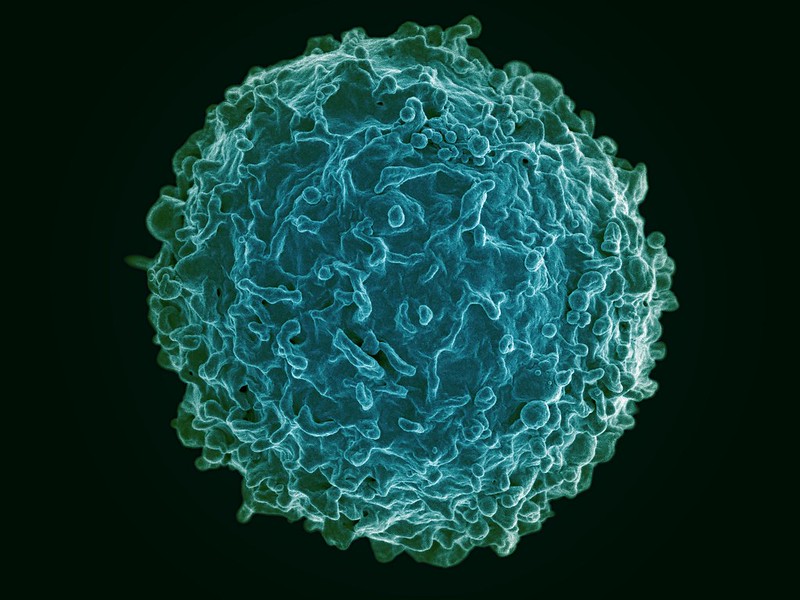Immusoft Announces Positive Data for First Engineered B Cell Therapy in Clinical Trial
Immusoft, a biotech company focusing on cell therapy for rare diseases, has announced encouraging results from its Phase 1 clinical trial of ISP-001, a B cell therapy for Mucopolysaccharidosis Type I (MPS I). The data, as of September 19, 2024, revealed no adverse events and significant pharmacodynamic and functional improvements in the treated patient. These results will be formally presented in a webinar on October 14, 2024.
ISP-001, the first engineered B cell therapy tested in humans, uses Immusoft’s proprietary technology called Immune System Programming (ISP), which reprograms a patient’s B cells to act as biofactories producing therapeutic proteins. The therapy requires no preconditioning regimen, avoiding the toxic side effects often seen with traditional gene therapies. According to the trial’s lead investigator, Dr. Paul Orchard of the University of Minnesota, the improvements observed were beyond expectations, even at low doses.
The Phase 1 trial, supported by an $8 million grant from the California Institute for Regenerative Medicine (CIRM), aims to test the safety and efficacy of ISP-001 in patients with the Hurler-Scheie form of MPS I, a rare genetic disorder. MPS I severely limits the body’s ability to break down certain sugars, leading to tissue damage and reduced life expectancy.
How ISP-001 Works: A Novel Approach to Gene Therapy
Immusoft’s ISP technology reprograms a patient’s B cells to continuously produce therapeutic proteins. B cells, a type of immune cell, naturally differentiate into plasma cells capable of producing antibodies. Through ISP™, the cells are programmed to produce other proteins, such as enzymes needed to treat genetic disorders like MPS I. The process involves collecting the patient's B cells, programming them using a non-viral gene delivery system, expanding the number of cells, and then infusing them back into the patient. Once reintroduced, these cells take residence in the body and deliver the therapeutic protein over extended periods.

Colorized scanning electron micrograph of a B cell from a human donor. Credit: NIAID, Flickr
Unlike traditional gene therapies that often use viral vectors, Immusoft’s non-viral approach allows for repeat dosing if needed, avoiding the one-shot risks of viral gene delivery. Moreover, it eliminates the need for myeloablation, a harsh chemotherapy process that clears out a patient’s immune system to accommodate modified stem cells. This key difference improves the safety profile of the therapy, making it more tolerable for patients with rare diseases.
Phase 1 Trial Results and Insights
In the ISP-001 trial, the first patient, who received the lowest planned dose, exhibited promising improvements in various clinical markers, including activities of daily living and reduced pain associated with MPS I. Notably, the therapy required no preconditioning, making the procedure less burdensome on patients. The patient remained on standard care for part of the study, and the therapy showed no adverse reactions, a significant finding in early-stage trials.
The study, currently recruiting more participants, uses a single-dose regimen of ISP-001 and tracks functional outcomes alongside biomarkers to measure efficacy. According to Immusoft CEO Sean Ainsworth, the initial data exceeded expectations, suggesting that the therapy could potentially offer long-term benefits to patients suffering from this debilitating condition.
The company has already received FDA Orphan Drug Designation and Rare Pediatric Disease Designation for ISP-001, which may expedite its development pathway if future phases show continued success.
The Potential of Engineered B Cell Therapies
Immusoft’s platform offers potential benefits compared to existing therapies for rare genetic diseases. Traditional enzyme replacement therapies often require frequent infusions that can disrupt patients’ routines and may have short-lasting effects. In contrast, the reprogrammed B cells in ISP are designed to function as long-term "biofactories," producing a steady supply of therapeutic proteins, which could lead to more consistent treatment and fewer hospital visits.
Beyond MPS I, Immusoft is investigating the use of ISP for other lysosomal storage disorders, central nervous system diseases, and certain cancers. The ability to program B cells to produce various therapeutic proteins may offer possibilities for addressing multiple conditions with unmet medical needs.
Topics: Biotech